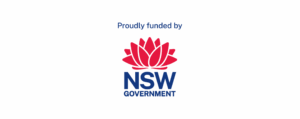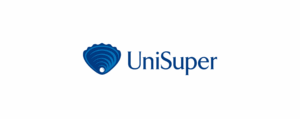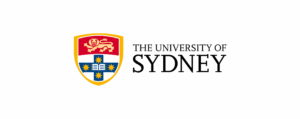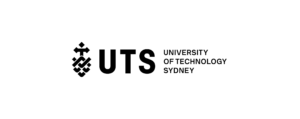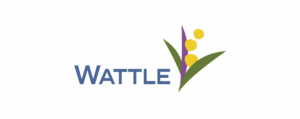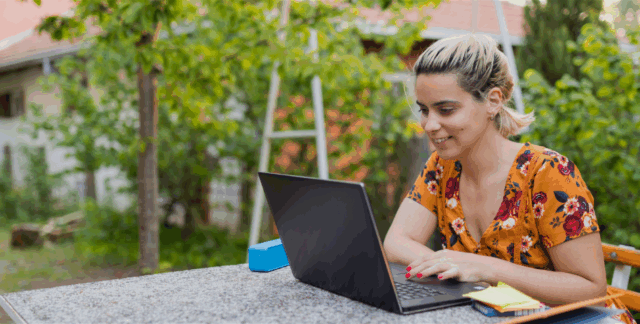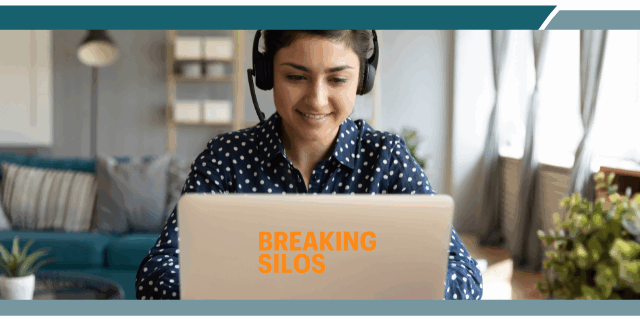Photo: Jayne Ion
What a powerful experience!
From 25–27 August 2025, more than 200 changemakers, leaders, researchers, and practitioners gathered across the University of Technology Sydney and the University of Sydney for the 2025 SAGE Conference: Breaking Silos.
Marking a decade of pursuing equity, diversity and inclusion together, this milestone event celebrated the progress that has been made across higher education and research—and we set the agenda for the next 10 years of transformation.
Across two days, five keynotes, 20 panels, four exhibition stalls—not to mention the 180 macarons shared at networking breaks—attendees explored how far we’ve come—and how much further we must go—towards systemic, sustainable change.
Awards Night: Recognising impact
The conference began with the SAGE Awards Night on Monday 25 August, honouring individuals and institutions driving collaboration, disruption, leadership, and lasting impact through the Athena Swan framework.
The evening set a celebratory tone, acknowledging the sector’s collective efforts and recognising the strength of our network of extraordinary people, while recognising the work still ahead.
Keynotes that challenged and inspired
Our five keynote speakers offered both critical provocations and visionary pathways for the sector:
- Professor Sandy O’Sullivan (Wiradjuri transgender/non-binary scholar at the Centre for Global Indigenous Futures, Macquarie University) opened Day 1 with a call to rebuild the academy from the ground up. They reminded us that equity, diversity and inclusion must not be afterthoughts, but the very foundations of a stronger, more relevant future for higher education.
- Professor Chelsea Watego (Munanjahli and South Sea Islander woman and Professor of Indigenous Health, QUT) delivered a powerful Blackfulla feminist critique of equity frameworks, challenging us to confront systemic racism and foreground Indigenous sovereignty and intellectual traditions in research and education.
- Professor Mustafa F. Özbilgin (Brunel University, London) gave a global perspective on embedding intersectionality in institutions. He argued for moving beyond compliance to structural, participatory models of accountability, emphasising co-design, reverse mentorship, and transdisciplinary collaboration as true drivers of systemic change.
- On Day 2, Giridharan Sivaraman (Australia’s Race Discrimination Commissioner) confronted the limits of diversity rhetoric, urging us to look beyond representation to dismantle structural racism in our systems and policies.
- Closing the keynote series, Professor Michelle Ryan (ANU) identified five common missteps in gender equality work—including “fixing women instead of fixing systems”—and offered research-based solutions for achieving sustainable, systemic gender equity.
Together, these voices sharpened the conference’s core theme: that breaking silos requires us to listen deeply, work across disciplines, and build systems that embrace cultural, Indigenous, and global perspectives.
Breaking Silos in practice
Across two packed days, delegates engaged in over 20 sessions exploring:
- Intersectional approaches to data analysis, policy and practice
- Gender equity and leadership in health and medical sciences
- First Nations leadership and sovereignty
- Cultural diversity in academia and industry
- STEMM pathways and pipelines
- Preventing and responding to gender-based violence
- Strategies for inclusive leadership and systemic reform
Highlights included the screening of #SayOurNames, a short documentary by the UTS Multicultural Women’s Network, which foregrounded migrant women’s voices and experiences. A wide range of workshops and panels offered opportunities to explore new ideas and hands-on tools, from active bystander training to methods for co-creating institutional strategy.
Networking sessions, poster presentations, and exhibitor stalls created further opportunities for connection, reflection, and collaboration.
Watch On Demand
Did you attend the conference? Couldn’t make it to every session? Conference videos are now available on demand via the online portal: Catch up here.
This portal, also used by our virtual attendees, provides delegates with access to keynote recordings and selected sessions. Please note that in some cases, presentations or slides are not available at the request of presenters.
With thanks
Our special thanks go to our sponsors, Women NSW, UniSuper, the WATTLE Leadership Program, and university partners The University of Sydney and UTS.
And most importantly, we are always grateful to our incredible network of changemakers. Thank you to everyone who spoke, participated, and otherwise contributed to making this such a memorable event.
